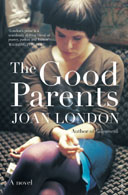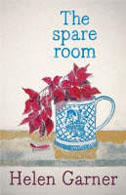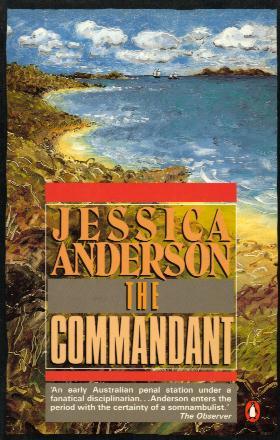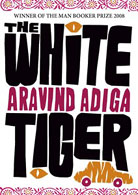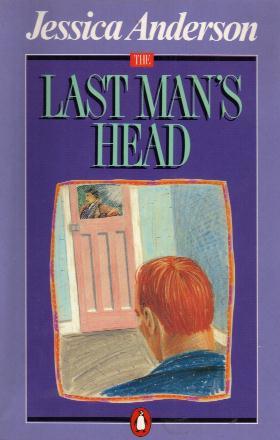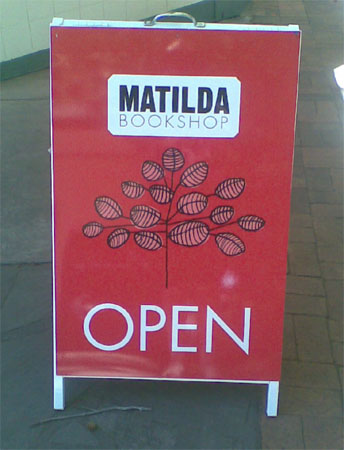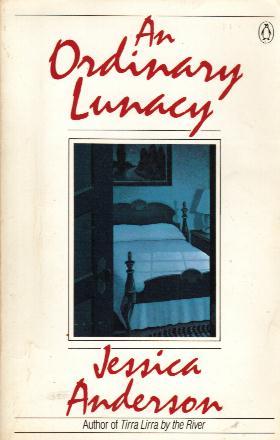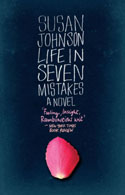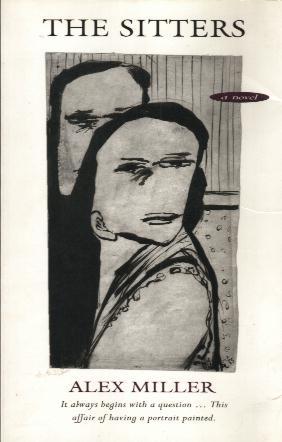From the publisher's page:'You're pathetic,' her brother said. 'Still bleating about what mummy and daddy did to you when you're almost old enough to retire. Are you still going to be blaming your parents when you're seventy? Life's too short, Liz.'
After years of patient, passionate effort, Elizabeth Barton's career as a ceramicist is finally taking off. She's about to fly to New York for her first solo show at one of the world's most prestigious galleries. First, though, she has to survive Christmas with her family on the Gold Coast.
Why is it impossible to act our age in front of our parents? And how can we begin to care for ageing parents we've spent our lives trying to avoid?
Life in Seven Mistakes is a black family comedy with an unexpected, and deeply moving, climax. Beautifully written, and imbued with a rich sense of irony, it is acclaimed Australian novelist Susan Johnson's finest achievement to date.
Reviews
Lousie Swinn in "The Sydney Morning Herald": "Johnson has shown substantial breadth [over 20 years as a writer]. She has a knack for presenting what can be unbearable in reality, of rendering it on the page with tremendous heart, making it readable and going one step further: somehow managing to make it enjoyable...
Life In Seven Mistakes is funny, ironic and brutal in the same way that life can be. It's the work of a novelist at the peak of her game, as confident as ever with voice but now with a more ambitious structure and with a wider variety of characters being drawn using colours from the fullest of spectrum."
Felicity Plunkett in "The Age": "Her memoir
A Better Woman, and her recent novel,
The Broken Book, both deal with questions of maternal love, and the ways in which the maternal might co-exist with an artist's life. Through her examination of the ways in which Elizabeth's mothering differs from Nancy's, Johnson again brings this theme into focus."
Stephen Davenport in "The Independent Weekly": "Her latest novel,
Life in Seven Mistakes is something of a deviation from her earlier work in that it is a domestic black comedy about familial duty. But like all her work it is subtle, immensely readable, engrossing, touching and extraordinarily evocative."
Christina Hill in "Australian Book Review" (Sept 2008): "This novel suggests that family intergenerational conflict is inherent and that, in this sense, all unhappy families
are alike...The central and universal question this novel poses is how so many elderly people atrophy into bitterness and inflexibility."
Kim Forrester on the "Reading Matters" weblog: "
Life in Seven Mistakes has been described as a black comedy, but I'm not sure that's an apt description. While there are funny moments throughout the book, for the most part this is a richly layered family drama imbued with emotion. There's plenty of thought-provoking material here to mull over too: How do you ever reconcile your childhood with your adult life? How do parents cope with children who don't live up to expectation? At what point do you learn to accept responsibility for your own life and your own mistakes?"
Jo Case on ABC Radio National's "The Book Show": "
Life in Seven Mistakes is a complex, suitably messy portrait of contemporary family life, with a distinctly Australian flavour. Though less epic in scale and ambition, it has distinct echoes of Jonathan Franzen's
The Corrections. It similarly combines social observation, satire and family saga. And like all the best fiction, it raises more questions than it answers."
Jennifer Levasseur in "The Australian: "As is life, the novel is at times too much and at others not enough. Though its publicity material calls it a 'black family comedy',
Life in Seven Mistakes reads like a family drama with moments of humour, a novel to while away a long winter's afternoon."
Short notices
Genevieve Tucker on the "reeling and writhing" weblog: "The descriptions of making art in this book are beautiful, yet like their creator, they are not allowed to dominate. What does dominate is the parents' story and the parents' life - the weight of this sweet, often funny novel is pitched against Elizabeth's late boomer generation quite deliberately, and one recognises over time that the novelist has made a choice to examine her controlling, self-involved parents as forensically as possible without excavating their hearts, wisely leaving us to fill in those gaps ourselves."
Damon on the "That Young Philosopher" weblog: "It is precisely what a novel should be: intimate, unflinching and illuminating. Sometimes the prose is overzealous, but it doesn't matter. Johnson's writing is crisp, vivid and unpretentiously poetic."
Interviews
Interview by Matthew Condon in "The Courier-Mail".
Interview by Jane Sullivan in "The Age".
The author reprints an interview she gave with "The European English Messenger" journal.
Other
Susan Johnson writes about her family, specifically her grandmother, for "The Guardian".
